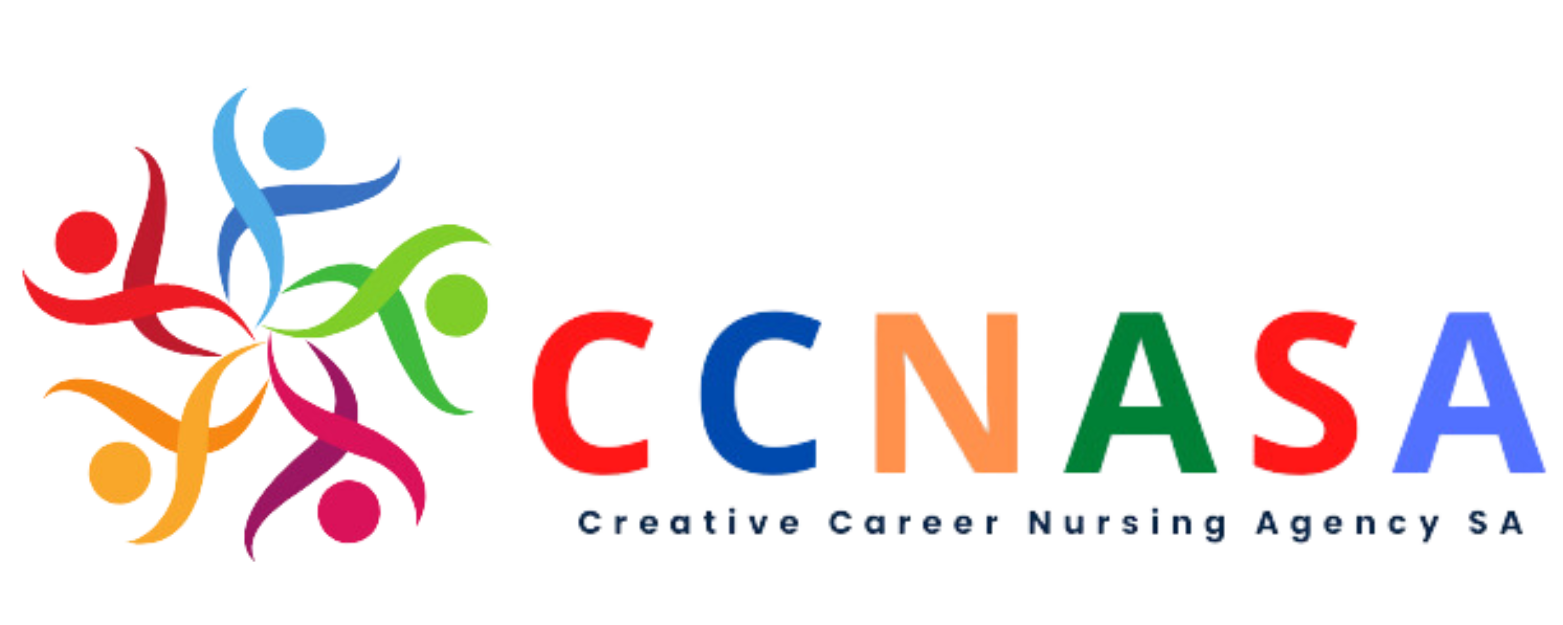FAQs
FAQs
FAQs for Registered Nurses
To become an RN, you typically need to complete a nursing program and obtain a Bachelor degree of Nursing. If you are overseas qualified nurse then you must also pass the NCLEX-RN exam to become licensed.
RNs can work in Hospitals, Clinics, Aged Facility, community, Home Healthcare, Schools, and various other Healthcare settings.
Yes, South Australia has a growing demand for qualified RNs due to its aging population and expanding healthcare industry.
FAQs for Community Nurses
Yes, South Australia has a growing need for Community Nurses as it emphasises home-based and community healthcare services.
FAQs for Personal Care Attendants
Yes, Certificate III in individual support (Aged care/ Disability) is required.
FAQs for Endorsed Enrolled Nurses
Yes, South Australia's healthcare sector often seeks qualified EENs to support patient care needs.
FAQs for Clinical Care Coordinators
Yes, South Australia's healthcare sector values experienced Clinical Care Coordinators to enhance patient care standards.
FAQs for Medication Competent Nurses
A Medication Competent Nurse is a qualified Registered Nurse (RN), Enrolled Nurse (EEN), Medcom Carers with specialised training in medication administration and management.
Yes, you need specialised training and certification in medication administration, along with your Nursing qualification.
Yes, South Australia's healthcare sector values Medication Competent Nurses for their role in safe and effective medication administration.
FAQs for Domestic Assistants
Hospitality Qualification along with First Aid, Manual Handling, Chemical Handling, Safe food Handling, etc.
FAQs for Clinical Care Coordinators
Yes, South Australia's healthcare sector values experienced Clinical Care Coordinators to enhance patient care standards.
FAQs for Medication Competent Nurses
Yes, South Australia's healthcare sector values Medication Competent Nurses for their role in safe and effective medication administration.
FAQs for ANAC Champions
ANAC Champions are highly skilled healthcare professionals specialising in aged care, delivering exceptional care and support to elderly individuals. These dedicated champions not only possess nursing qualifications but are also adept at managing funding and conducting ongoing assessments to ensure the continual well-being of the elderly individuals under their care.
To become an ANAC Champion, you should have relevant qualifications in aged care or a related field, along with experience in providing care to elderly individuals.
ANAC Champions can work in various aged care facilities, including nursing homes, assisted living facilities, and in-home care settings in South Australia.
Yes, South Australia's ageing population has led to an increased demand for skilled ANAC Champions who can provide compassionate and high-quality care to the elderly.
